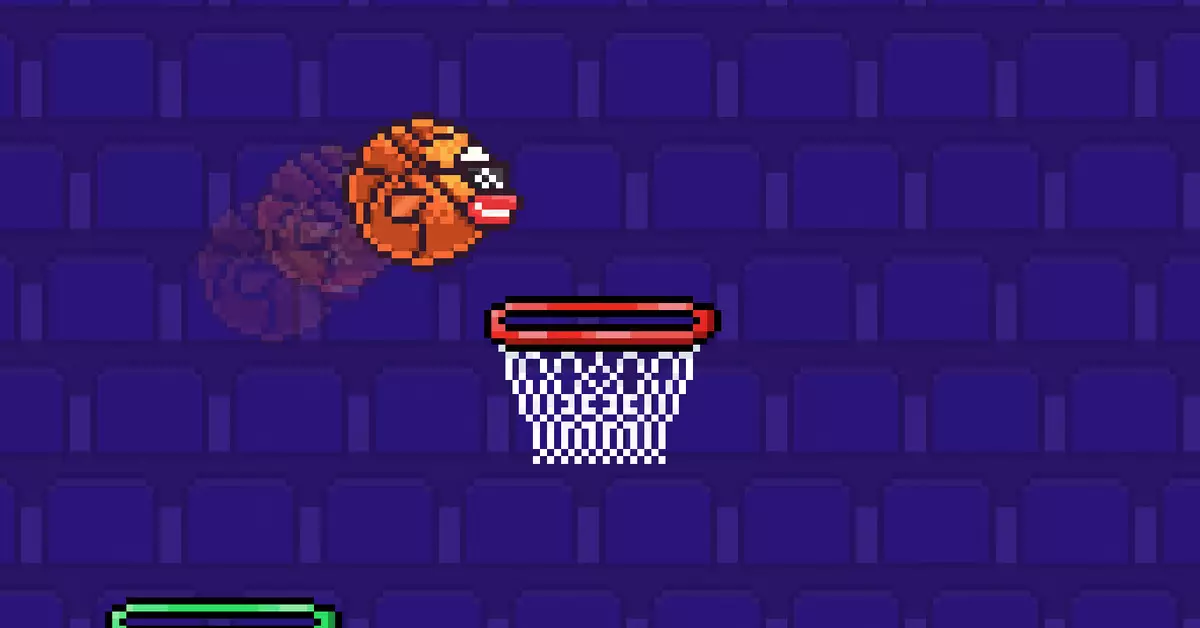The recent announcement by The Flappy Bird Foundation about the return of the iconic game Flappy Bird has sparked significant debate among fans and industry watchers. While the foundation frames its unveiling as a nostalgic comeback of the once-beloved mobile game, there is a critical absence of the original creator, Dong Nguyen. This situation raises important questions about the ownership and authenticity of a game that captured millions of hearts during its peak in 2013.
Nguyen, who famously pulled Flappy Bird from app stores due to the overwhelming stress of its success, took to social media to clarify his stance on this new iteration. Notably, his statement on X marks his first public communication since 2017, revealing that he has had no involvement in this purported revival. Nguyen emphasized that he “didn’t sell anything,” a clear indication that the foundation’s claims might be more of a marketing ploy than a genuine revival. This revelation could leave potential players feeling misled or disillusioned by the representation of Flappy Bird’s return.
The backdrop to this controversy is the complicated legal landscape surrounding the Flappy Bird trademark. Records indicate that Gametech Holdings, LLC, had acquired the rights to the game after filing opposition against Nguyen’s original trademark claim in 2023. This legal maneuvering has resulted in Nguyen losing his trademark, as the US Patent and Trademark Office deemed it abandoned earlier this year. Thus, the announcement of the Flappy Bird Foundation acquiring the rights from Gametech raises concerns about the legitimacy of the game’s revival, as it distances itself from the original creator.
The Flappy Bird Foundation’s promotional material leans heavily on nostalgia, invoking memories of the game’s meteoric rise and sudden disappearance. The strategy seems designed to capitalize on the emotional attachment many players have to the game, suggesting that simply reintroducing the title is enough to revitalize interest. However, this approach could fall flat if players feel that the core spirit of Flappy Bird has been compromised due to the lack of involvement from its original architect.
Adding to the existing intrigue is the potential integration of cryptocurrency into the game’s revival. Reports from cybersecurity researcher Varun Biniwale highlighted hidden web pages from the game’s site that hinted at a Web 3.0 component for Flappy Bird. Descriptions suggesting that the game would “fly higher than ever on Solana” and offer players opportunities to “build, create, play, and stake to own” introduce a new layer of complexity to the Flappy Bird narrative. This indication throws the doors open to the inherent risks and benefits of integrating blockchain technology into mobile gaming.
While such features may appeal to a tech-savvy audience interested in innovative gameplay mechanics, they may alienate nostalgic fans who yearn for the simplicity of the original Flappy Bird experience. As the announcement indicates the game is set to launch soon on iOS and Android, it remains to be seen whether this new venture will resonate with an audience that is either unfamiliar with cryptocurrency or does not desire these complexities intertwined with their cherished childhood memories.
The anticipated return of Flappy Bird is shrouded in controversy and uncertainty. With the absence of its original creator, questionable ownership claims, and the potential use of cryptocurrency, this revival may present more questions than answers for fans. Only time will tell if this new chapter can truly capture the magic that once made Flappy Bird a cultural phenomenon or if it will falter amid its convoluted backstory.


Leave a Reply